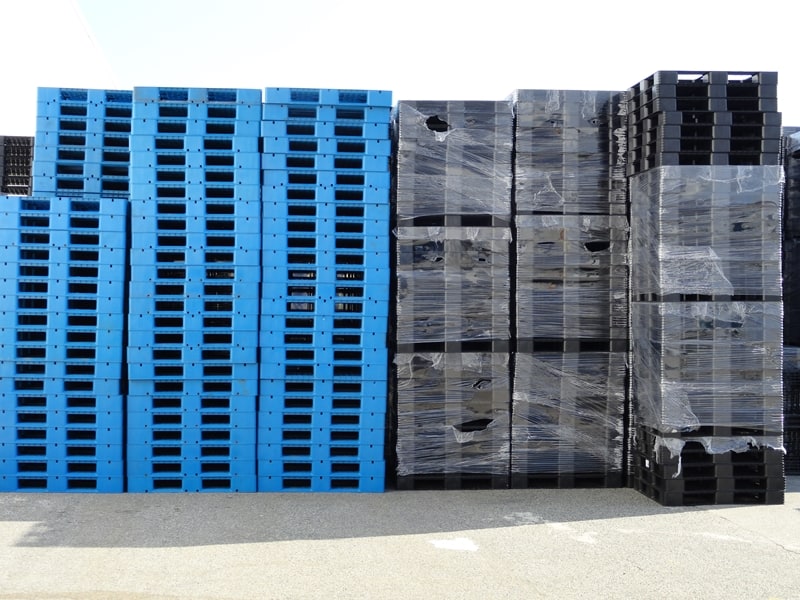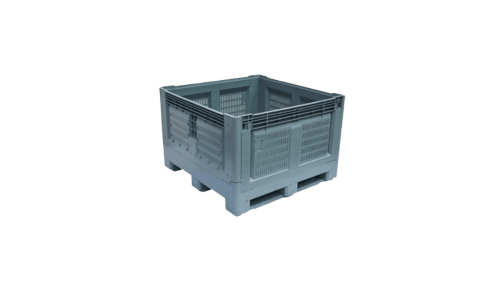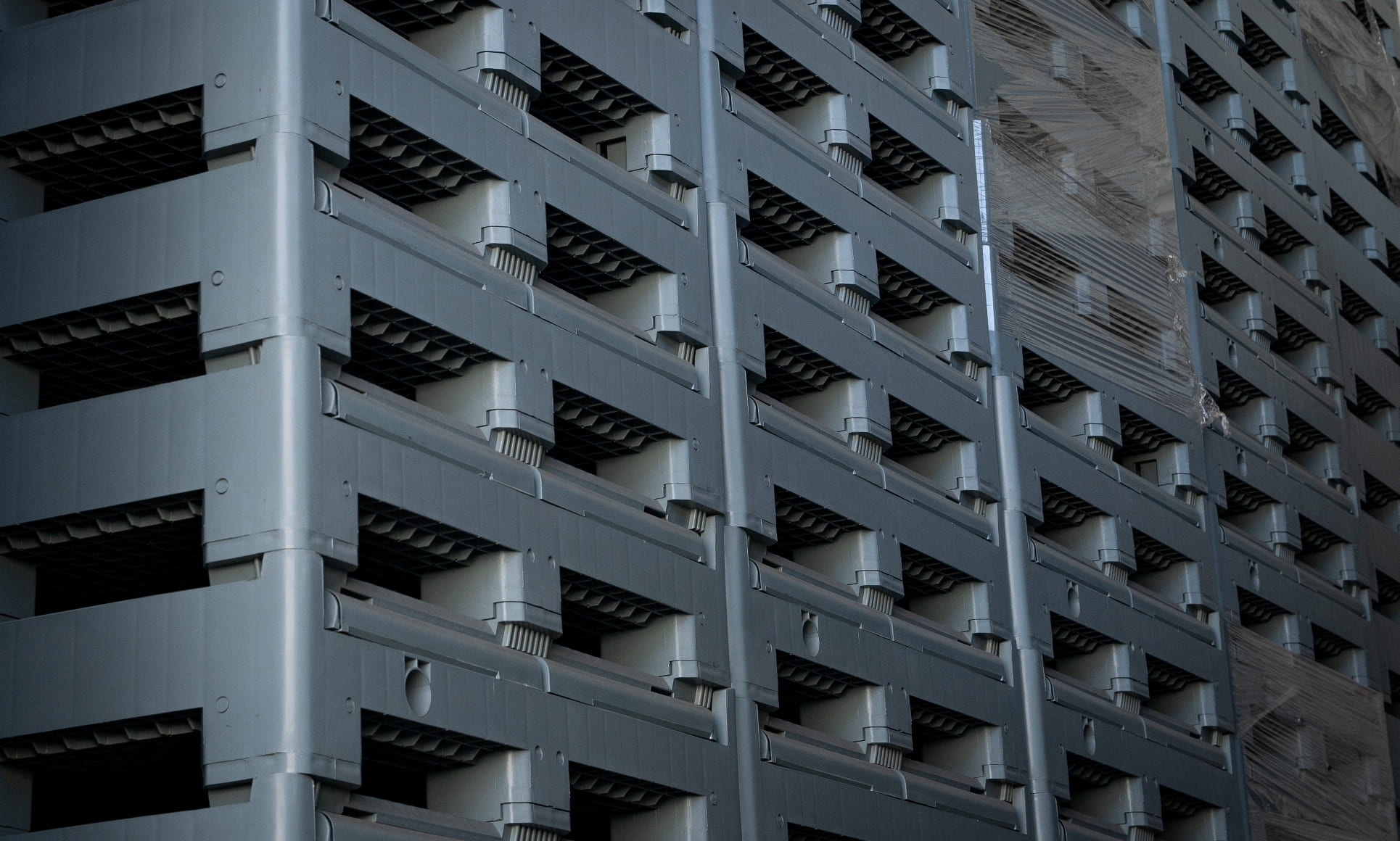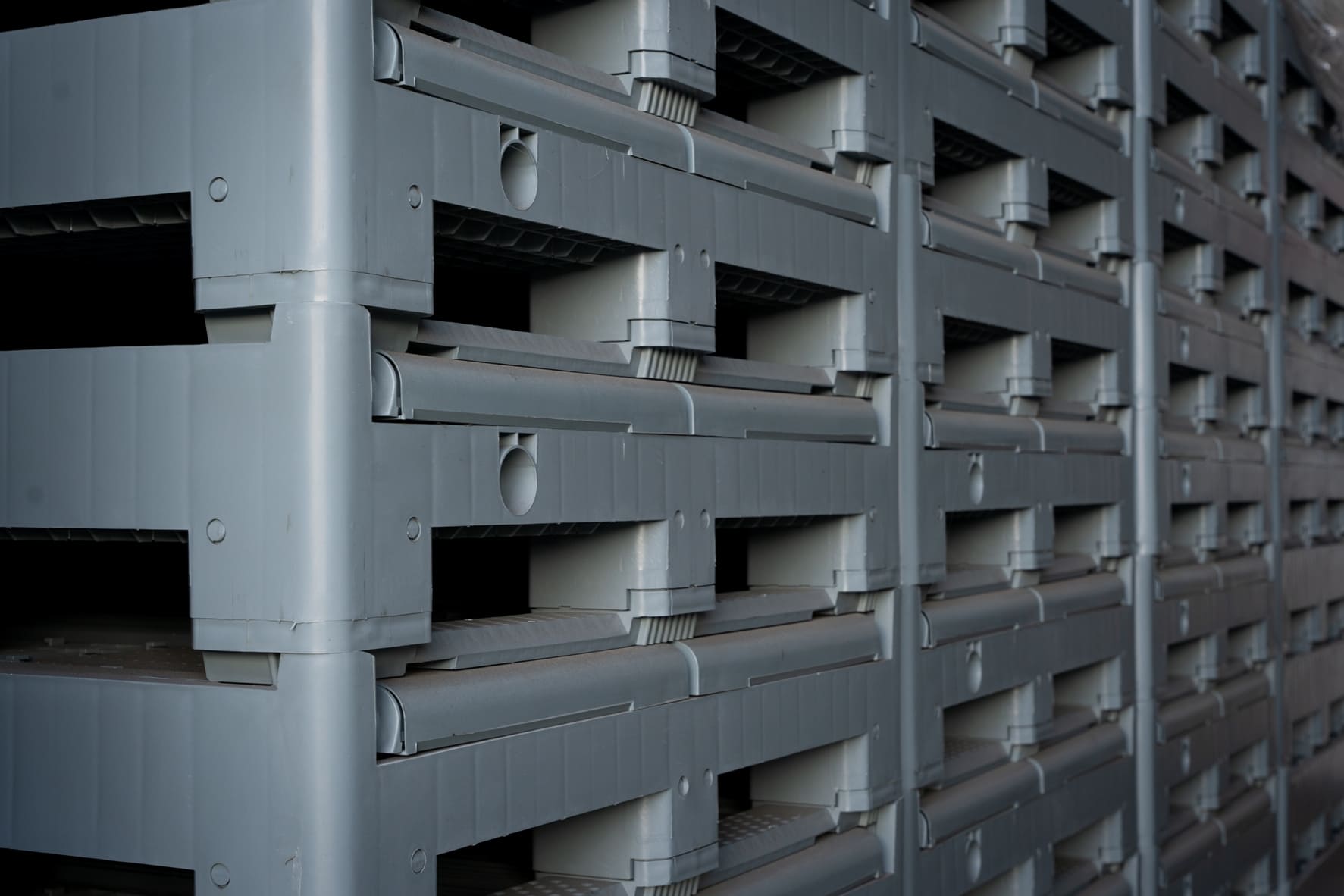The total cost of food waste to the Australian economy is around $20 billion per year according to the Department of Environment and Energy. A large contributor to this huge waste is unproductive shipping storage and treatment. When transporting perishable goods like fresh food, you risk losing thousands of dollars in waste if you don’t take precautions to ensure items are shipped rightly.
Switching to plastic shipping pallets could provide a simple and effective solution to lowering this food waste. See why it may well help secure food quality along the whole shipping line.
The total cost of food waste to the Australian economy is around $20 billion per year.
1. Storage stability for chilled food
With frozen or fresh food, the storage conditions need to be moderated in order to keep the food at the right temperature. Changes in temperature between cold food storage and hotter outside temperatures for loading or unloading stock can contribute to food spoiling. But it can also contribute to the warping of your wooden storage pallets.
If exposed to extreme temperature changes, as may be the case when moving frozen food items. Wooden pallets can expand and contract, which can warp or even splinter. This could result in food spillage, potentially compromising hygiene.
Plastic pallets are more resistant to extreme changes in temperature, so are a better alternative for shipping fresh food.
2. Container rain in shipping
When you ship using wooden pallets, food stored inside metal shipping crates may be exposed to damage by ‘container rain’. This occurs when water in the wood fades, before condensing and falling as drops of moisture, contributing to food rotting. However, container rain can also damage the wood of your shipping pallets, perpetuating conditions for bacterial growth. In this way, minor contained growths can bloom and ruin a whole pallet of food.
Plastic shipping pallets don’t contribute to container rain – by using them, you prevent the likelihood of moisture buildup in your container that could lead to thousands of dollars worth of wasted food.

3. Preventing insect outbreaks
If you are importing food into Australia, there are very specific needs for treating all biological material entering the country. If you source your shipping pallets from overseas suppliers, the wooden pallets you use may be overspread with insect eggs. These not only represent a hazard to the quality of the food you are shipping. But a biohazard was treated very seriously by Australian customs officers.
To prevent this issue and to ensure you have no problems with shipping perishable goods, switch to plastic pallets.
The advantages are plain to see – plastic is a more secure solution for food quality and hygiene all the way along the shipping line. Contact Eco Pallets today for more information about the range of plastic shipping pallets we stock.










Comments are closed.